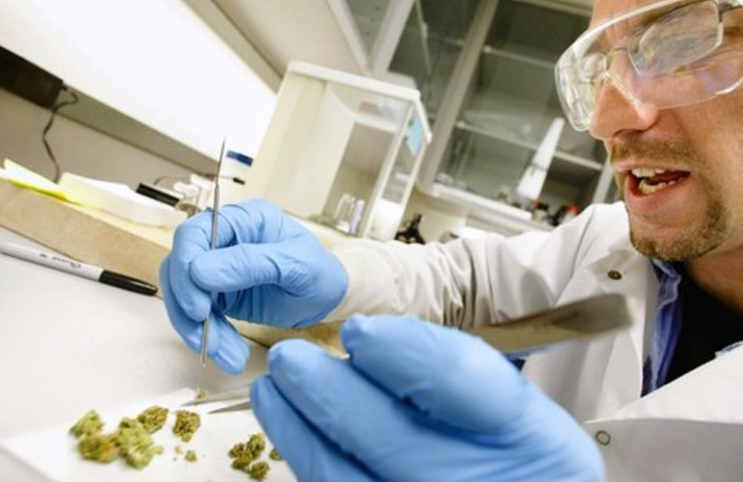Some are claiming that the best way to lower obesity rates is to legalize medical marijuana. One of those claiming in this is journal Health Economics, who based this off of new findings. According to researchers from San Diego State University and Cornell University, passing a medical marijuana law (MML) on the state-wide level “is associated with a 2 percent to 6 percent decline in the probability of obesity.” In the long term, the record rate could be bigger. In summation, the authors state that “we estimate a back-of-the-envelope per-person reduction in MML-induced obesity-related medical costs of $58 to $115 per year.”
When looking at this from the surface, it does not make much sense since marijuana is known to increase your appetite. For instance, if you have a smoke session, it would not be a surprise to experience “the munchies.” In more professional words, or in the words of the authors, “randomized control trials provide evidence that marijuana use leads to increased appetite and caloric intake.”
However, the researchers were curious as to how increased medical marijuana could affect various health outcomes in a society. In order to find their results, the researchers examined over two decades of data from the federal Behavioral Risk Factor Surveillance Survey (BRFSS), as well as more than five million individual survey responses. Also, during the time period they examined, various states added medical marijuana laws and others did not. As a result, a natural experiment had taken place.
The researchers found that the passage of medical marijuana laws had a relation to declines in both obesity and BMI. This is because medical marijuana affected social conditions, economic conditions, policies, and food prices.
MAPH Enterprises, LLC | (305) 414-0128 | 1501 Venera Ave, Coral Gables, FL 33146 | new@marijuanastocks.com











1 comment
This article says absolutely NOTHING about obesity nor anything else. If there is a correlation between obesity and cannabis, you’d best be specific as to exactly what it is. All we get here is a bunch of “researchers” making an idiotic blanket statement without one shred of clinical evidence upon which to base “findings”. This makes cannabis sound like and number of quack remedies.